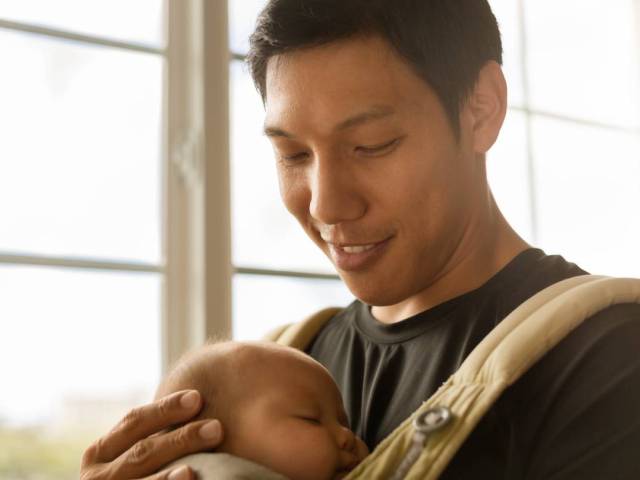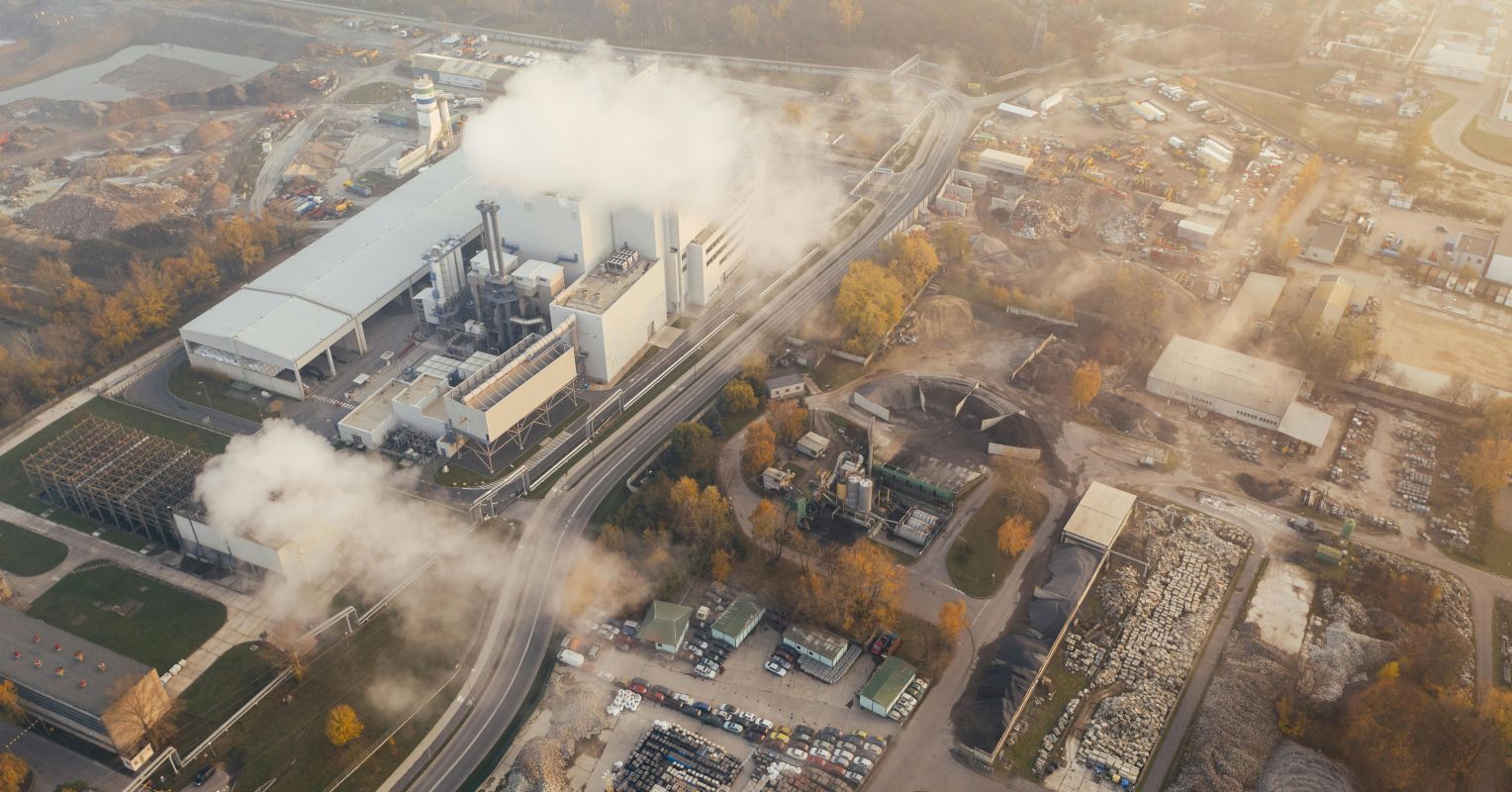For expecting fathers, the transition to parenthood can be a transformative period filled with excitement, awe, and pride for fulfilling a meaningful role in the life of their to-be-born baby.
It can also entail a great deal of stress, which can lead to strain, despair, and worry. Indeed, research finds that 5% to 15% of expecting fathers experience postpartum depression or anxiety. But fathers often face stigma and contend with masculine norms that make it harder for them to seek support for stress and Mental health challenges. Most new fathers in the United States do not have access to supportive policies like national paid parental leave and affordable high-quality child care.
We know that fathers’ social and emotional well-being is critical for parent-child bonding, healthy child development, and overall family well-being. So, what can help expecting fathers nurture their social and emotional well-being and bond with their baby?
Wellness and bonding
X

In a recent study, researcher Noor de Waal and her colleagues explored risk factors and resilience factors for how expecting fathers can bond with their babies.
Nearly 70 expecting Dutch fathers in their 20s through 40s participated in the study. Expecting fathers completed questionnaires measuring their positive feelings of bonding they had for their baby. They also answered questions about their symptoms of depression, anxiety, stress, and repetitive negative thinking (persistent unpleasant thoughts about problems or events that are intrusive and hard to be free from).
They also completed questionnaires about their resilience factors. To measure their Self-compassion, they were asked about how often they were kind to themselves following hardships and accepting of their mistakes or failures. For example, “I try to be understanding and patient towards those aspects of my personality I don’t like.”
The questions about mindfulness measured how often fathers were in a state of awareness of the present moment and were open to their emotions, sensations, and thoughts without judging them, and not directly reacting to them. For example, “I make judgments about whether my thoughts are good or bad” gauged the non-judgmental aspect of mindfulness. They also measured two other aspects of mindfulness: acting with awareness and non-reacting, which explored how often fathers watched their feelings without getting carried away by them.
The results? Expecting fathers who had fewer symptoms of depression, anxiety, stress, and repetitive negative thinking tended to have stronger feelings of bonding with their baby. Moreover, expecting fathers who were more self-compassionate and non-judgmentally mindful tended to feel a stronger bond with their baby.
The researchers also found that fathers who had less repetitive negative thinking, and who felt more Self-compassion and non-judgmental mindfulness, tended to have less stress and did in turn feel a stronger bond with their baby.
“In the prenatal period specifically, regulation of thoughts and emotions and responding with kindness and understanding to one’s failures or feeling inadequate may be vital in coping with the challenges and demands of upcoming parenthood,” explain de Waal and her colleagues.
What helps a new dad?
In another recent study, researcher Daniel van Heerden and his colleagues found that fathers of preschoolers through adolescents in Australia and the United States who were more self-compassionate tended to be able to navigate their emotions better—and they felt less lonely, depressed, and anxious. What’s more, they tended to feel closer and have fewer conflicts with their children. The researchers explain:
As Self-compassion helps to enhance the capacity for parents to respond adaptively and non-critically to the inevitable difficulties caring for their children, an absence of Self-compassion may understandably trigger a parental response that gives rise to increased conflict. For example, high levels of self-criticism can lead some parents to adopt harsher and more critical attitudes toward their children. Additionally, low Self-compassion constrains the ability to experience empathy for others, perhaps leading to difficulty empathizing with their child’s needs which may further increase conflict.
Similarly, mindfulness throughout parenthood can help fathers foster strong ties with their children throughout adolescence.
In a 2016 study, researcher Catarina Medeiros and her colleagues in Portugal found that fathers who practiced more mindful parenting tended to have children who felt more securely attached to them; and those children, they found, felt greater well-being.
“Parents reporting higher levels of mindful parenting are more present in the parent-child interactions, and as a result, they tend to adopt a less reactive posture and to be more attentive, available, and consistently responsive to their child’s needs,” explain the researchers. “Furthermore, they tend to be more caring and compassionate toward their children.”
Fathers can begin to infuse Self-compassion in their daily lives in small ways. For example, Self-compassion meditations can be helpful when fathers start to feel self-criticism creep up. A guided Self-compassion meditation for parents, which takes about 10 minutes, can help fathers cultivate a gentler and kinder attitude toward themselves. It can remind fathers that no one is “perfect” and that our mistakes are part of our growth as a parent. And fathers can model Self-compassion for children.
Mindfulness is also a skill that fathers can build up with practice and that can be helpful to have on hand, particularly in moments of stress. Mindful breathing, which takes about five minutes, can be a powerful tool in fathers’ parenting toolboxes. It can help fathers build resilience to stress by helping to nurture awareness of the present moment without judging our sensations, thoughts, and feelings as good or bad. Mindfulness can give fathers distance from their thoughts and feelings, which can help them navigate them rather than becoming overwhelmed. Parenting with mindfulness helps fathers notice what is happening in each moment. It reminds us that every moment passes—parenting hassles are often temporary because our children and the situations we and they are in are always changing.
Fifty years of research shows that fathers matter for children’s development—even before their babies are born. At the same time, the transition to fatherhood has lasting effects on men’s health. While we continue to press on toward advocating for societal policies to support fathers on a broader scale, we all would do well to care for the fathers in our lives and our communities.













